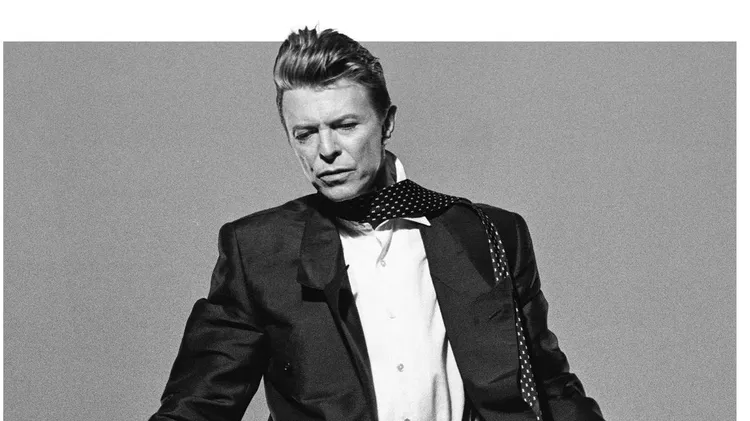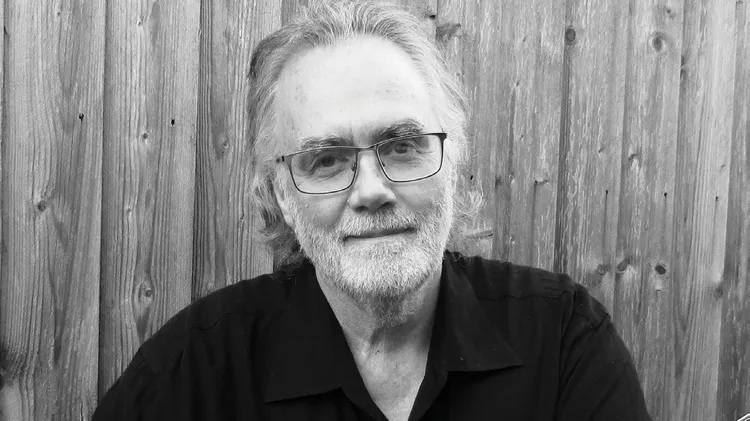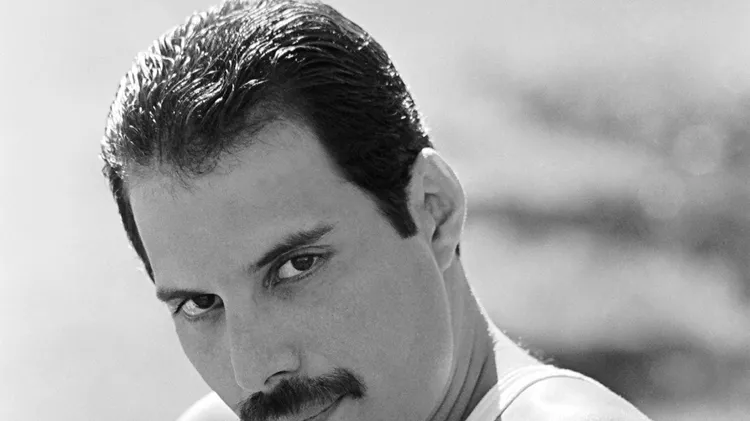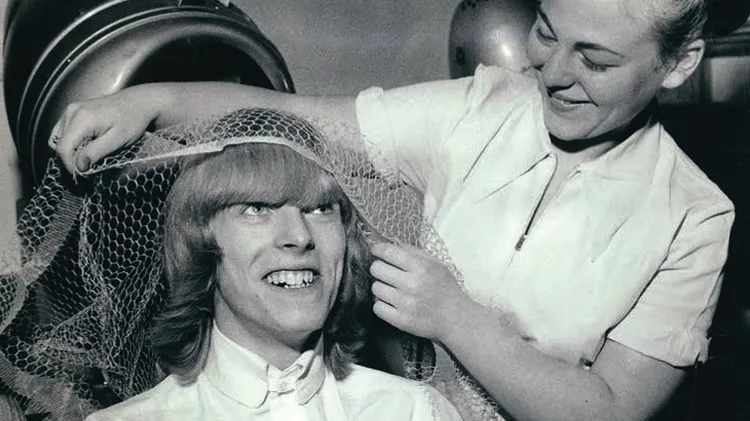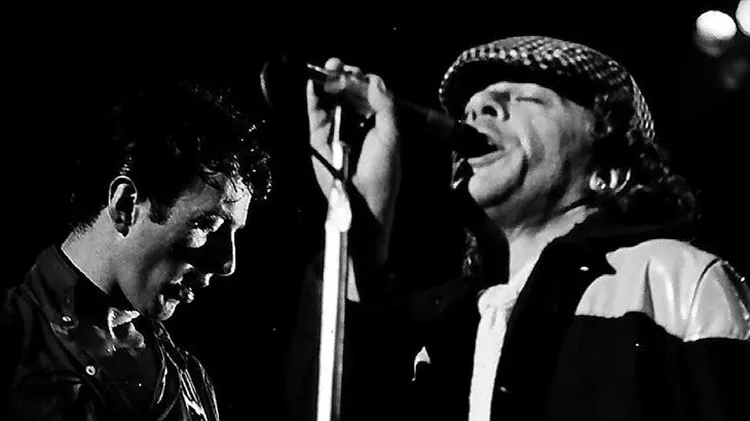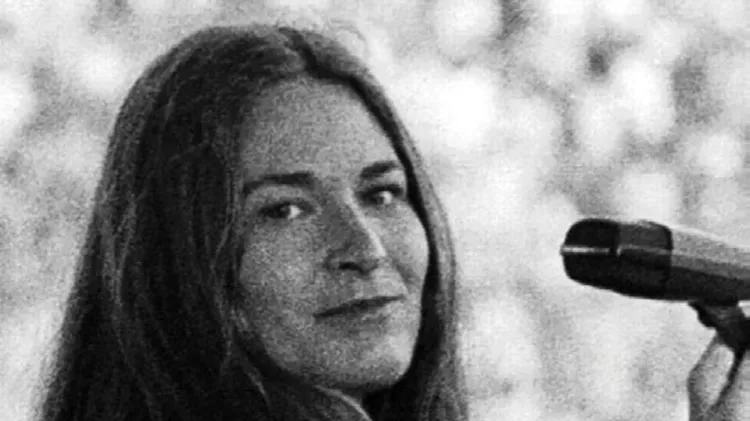40 years after arriving in the UK, Nick Cave stands alone. An
Where do we go now but nowhere?
14 min read
This article is from...
Read this article and 8000+ more magazines and newspapers on Readly

